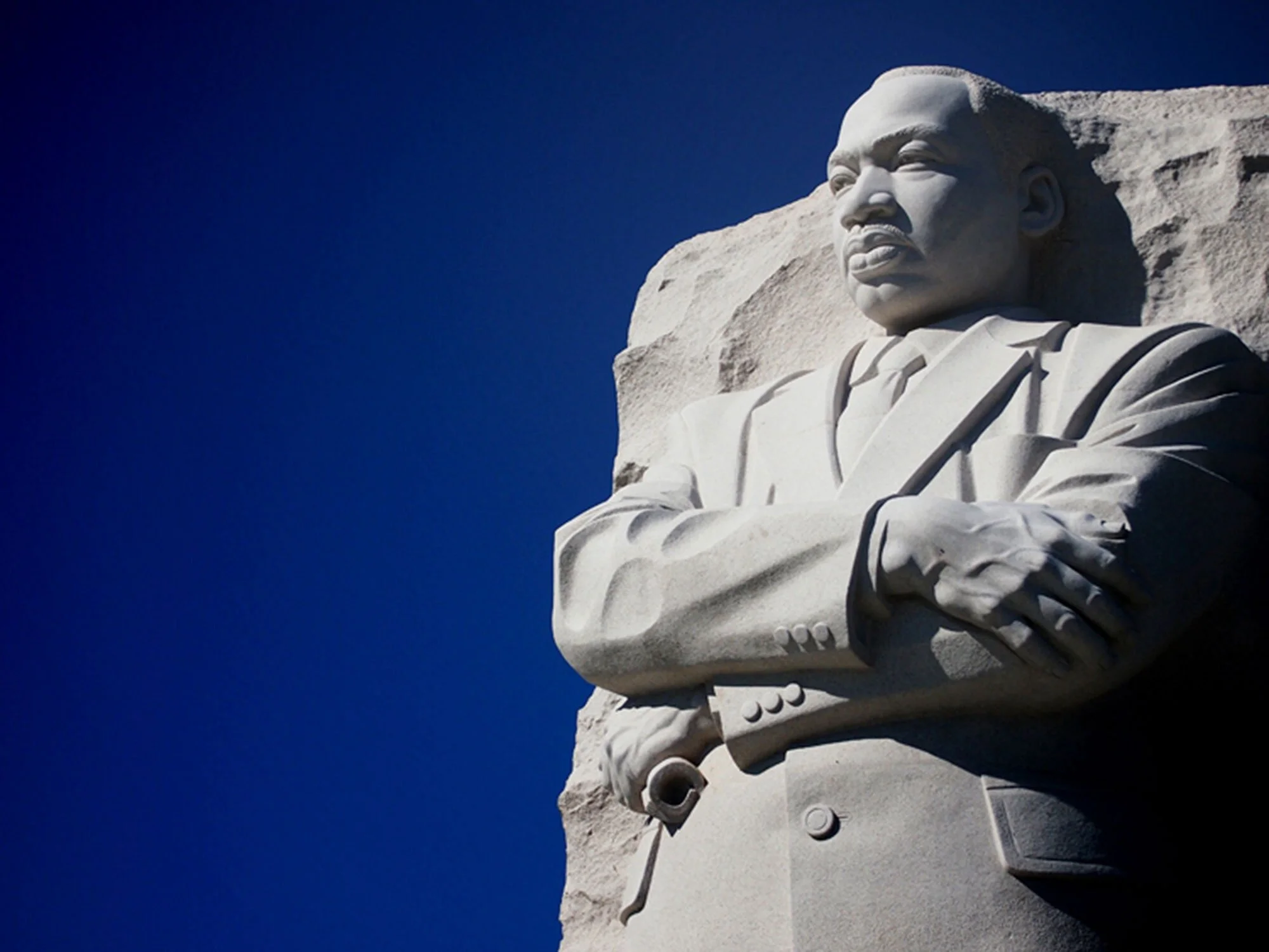go brave
Right after we went into lockdown, there were stories in the media about people who hung their Christmas lights as a show of love and solidarity to their neighbours who were suffering lockdown from the COVID outbreaks as well. I loved the sentiment, but decided that instead of hanging Christmas lights, I’d hang a neon love sign that I bought in our front window. My intent was to keep it up as long as it was unsafe to leave the house without a mask and gloves, after which I would give to Alex for her to hang in her bedroom.
As of today, the sign still hangs in our front window. One of our neighbours called out to us as she was on her walk a couple of evenings ago, and said that our sign gives her comfort every time she passes it.
Good. That’s the intent.
As I mentioned last week, the blatant racism that has been recorded in so many news items has awakened my resolve to keep from going quiet. Because I was the recipient of an onslaught of emails and notes I had the opportunity to learn something about myself, and it was this:
I hold my tongue an awful lot.
See, here’s the thing: most people don’t say intentionally mean or racist things to my face — those sorts of events are relatively few and far between. What does happen, however, is that people say things that rooted in white supremacy having absolutely no clue that what they’re saying is offensive. In addition, many people will say things to my face where they think they’re paying me or my family a compliment. In these instances, the idea that those statements could possibly be considered racist would absolutely horrify the speaker. And those kinds of statements? Happen all the time. ALL. THE. TIME.
Statements like, “you’re really pretty for a black woman.” Or “it’s always amazed me how articulate you are.” Or “when I see you, I don’t think of you as black.”
Whenever I’m on the receiving end of comments like these, it’s an incredibly weird feeling. Because on one hand, I understand that the speaker intends nothing but goodwill. But on the other hand, I can’t help but be really offended: why the qualification when commenting about my looks? Or the surprise, especially given how much education I have? Or why don’t you see me?
My usual response to these sorts of statements in the past was to simply smile and change the subject. But over the last few weeks, these comments came at such an alarming rate, I just became angrier and angrier. And finally, after receiving one particularly painful message, I decided enough was enough.
After I had a few days to calm down, I reached out to someone whose note had particularly enraged me. I was still angry, but I knew the writer’s intent was not to anger me; in fact, it was the opposite: this near-stranger was actually trying to comfort me. But she had sorely missed the mark, referencing a couple of racist tropes that were deeply hurtful. My initial instinct was to completely ignore her. But then, when I considered my most treasured values — especially honesty and justice — I knew I needed to respond to her, while standing firmly in those values. The trick was to see if I could do so while standing in another of my core values: kindness. So before I could talk myself out of it, I opened my laptop.
“It’s taken me a few days to respond to you,” I began, “because honestly, I really had no idea what to say. But I figured that you should hear what I have to say from me, rather than from others. Brace yourself: what I’m about to say is going to be tough to hear.”
She agreed to brace herself. And then? I pulled no punches. I told her what she said that felt offensive to me. I told her where some of her language was problematic. I told her how her words would likely be received by other people of colour, and that for my part, her words made me really angry.
“I hope you know I didn’t intend to offend,” she said.
“I absolutely know this,” I replied, hoping she could tell that I really meant it. “Which is why I responded. Had I thought otherwise, I would have ignored your note.” And then I told her that I was glad that she was willing to talk about race, and that I hoped that getting my feedback wouldn’t keep her from wading into hard conversations about race in the future — but that she probably should do some reading on how to be an anti-racist and understand the historical contexts and connotations of some of the phrases she used in order to do it better. And I even encouraged her not to take my word for it: to go to black friends of hers that she trusted, to get their opinions.
To her eternal credit, she took what I had to say really well: she apologized, meaningfully. She even thanked me for being candid with her.
To reiterate: the only reason that I decided to respond is because I trusted her good intent. If she had been intentionally hurtful, or her words had made it clear that she wasn’t interested in becoming a better anti-racist, I would’ve never responded. But her heart was in the right place, and so I did, and for the first time in a long while, I felt so much better for having been honest. It actually didn’t even matter that she took what I had to say well — honestly, even if she hadn’t, I think I would’ve still felt great. It felt, for the first time in a long while, that my insides were matching my outsides. I was congruent.
I’m actually quite grateful for the lesson that our exchange taught me, and since then, I’ve been experimenting with speaking my mind while not pulling my punches — all while staying rooted in my values (because my values keep me from veering into unkindness, and make me more mindful of being clear and precise with my words). I’ve held more people accountable for their language if their language around race has been inappropriate — even and especially when they truly had no idea that what they said might be wrong. I’ve firmly (kindly, frankly) turned down invitations to write or speak about race in publications or on television media, and been clear that the reason I didn’t want to do it was because it felt like they clearly hadn’t done their research to find folks qualified to talk about the topics they wanted covered (like for example, the history of racism in America, or how to raise anti-racist children), and instead were simply asking me purely because of my skin colour. I’ve stressed in groups where I’ve been a member that using “Karen” as a pejorative isn’t okay with me, and I’ve said this sometimes with a wink and a smile to convey that our relationship wouldn’t take a hit if they took what I said to heart, but also with words that made it clear in no uncertain terms that I wasn’t joking about this: using my own name to describe the racist people whose actions targeted me or people like me is hugely problematic for me.
And each time, I’ve felt better for having said what I had to say — clearly, precisely, and without pulling punches or trying to be “nice.” It’s been a revelatory exercise in how to communicate my displeasure without either veering into meanness, or conversely, holding my tongue. This is very new for me, and not something that comes easy, but my un-pulled-punches communication experiment has yielded some really rewarding results for my own mental health. And that’s worth a lot.
All this to say: we’ve entered a time, I believe, where we’re all going to have difficult, long-overdue conversations. And finally — finally — I think I’m ready to have them.
(For anti-racist resources, click here.)












a reminder of cadence.